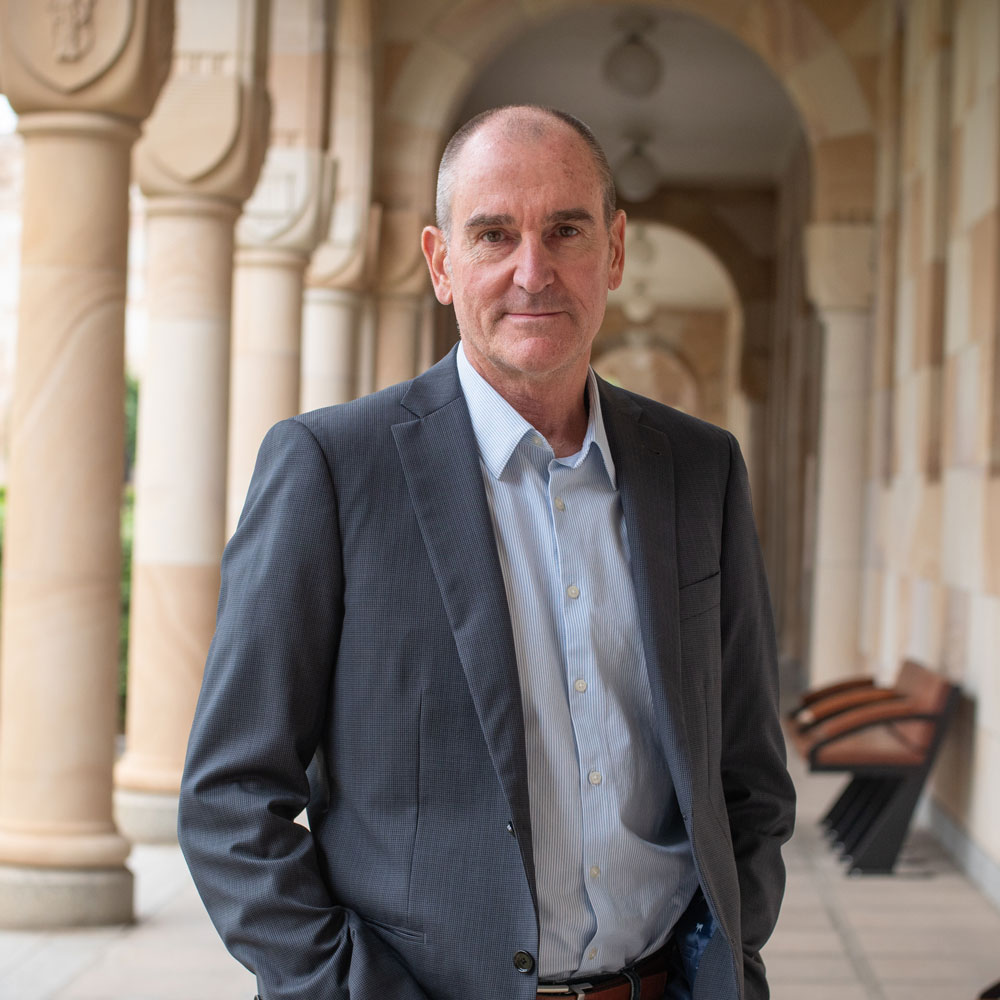The world’s foremost researchers and plant breeders will share the latest breakthroughs at the 11th International Conference on Legume Genetics and Genomics in Brisbane.

Conference chair and University of Queensland Professor Michael Udvardi said the gathering from September 30 to October 3 would shape strategies to improve legumes for sustainable food and feed production.
“Ideally we want legumes to play a larger role in world agriculture,” Professor Udvardi said.
“They are the best source of protein we have in terms of their carbon and nitrogen footprints on the planet, with far less greenhouse gas emissions and nitrogen lost to the environment per unit protein produced.
“Cereals rely on external nitrogen to support their growth, mostly provided in the form of fertilizer that is vulnerable to loss from fields, while legumes can use nitrogen from the atmosphere via symbiotic nitrogen fixation by bacteria within plant cells, avoiding nitrogen losses.
“I think in an ideal world to minimise the nitrogen and our carbon footprints of our food, we need to grow and eat more legumes rather than feeding them to animals to produce our protein.”
Professor Udvardi said the conference was also an opportunity for up-and-coming researchers and students to network with international colleagues working in the field.
“It offers the chance to meet the best legume researchers in the world in one place and is a great way to showcase the work we are doing at the Queensland Alliance for Agriculture and Food Innovation,” he said.
“Idea swapping and plans to collaborate are always a major benefit of a face-to-face meeting.”
The 10 plenary speakers at the conference include Professor Kirstin Bett from Canada’s University of Saskatchewan, who is responsible for a common bean breeding program, as well as a project on domestication and adaptation in lentil, as well as CSIRO’s Professor Michelle Colgrave, who’ll discuss what lies ahead of our agrifood systems.
QAAFI’s Professor Lee Hickey and Dr Millicent Smith are keynote speakers at the event.
“Australia has always had a strong international presence in legume science, especially nitrogen fixation and we continue to have leadership in that area,” Professor Udvardi said.
“Now we are also known for our leadership in the genomic sciences and in predictive breeding or genome-assisted breeding of legumes.
“The conference is attended by people working on basic legume biology and traits of interest to breeders who are using genetics and genomics in their breeding programs so it’s fulfilling its mission to bring those two groups together, the basic and applied scientists.
“This event in Brisbane will be the best example of that to date.”
Images are available here.
Media: Professor Michael Udvardi, m.udvardi@uq.edu.au, +61 499 514 229; QAAFI Communications, Natalie MacGregor, n.macgregor@uq.edu.au, +61 409 135 651.
The Queensland Alliance for Agriculture and Food Innovation is a research institute at The University of Queensland supported by the Queensland Government via the Queensland Department of Agriculture and Fisheries.



